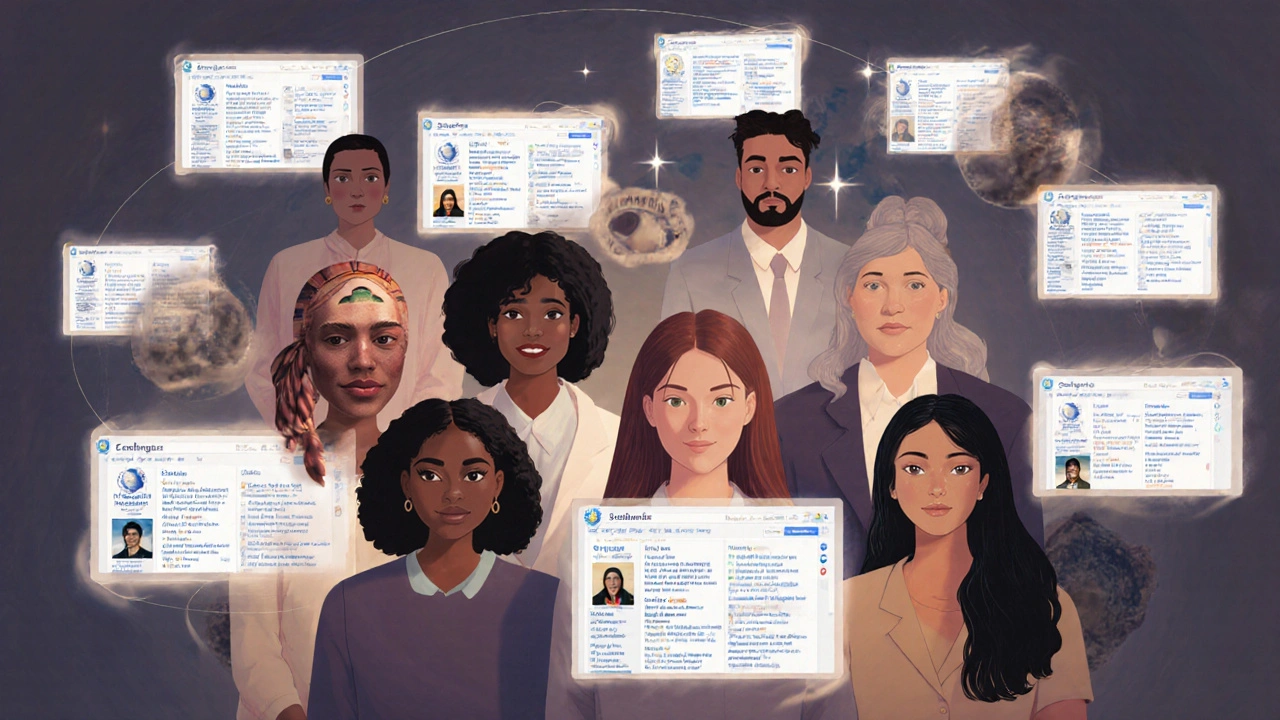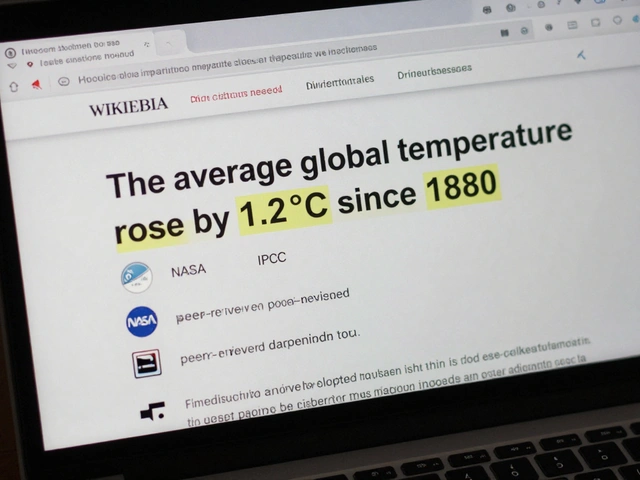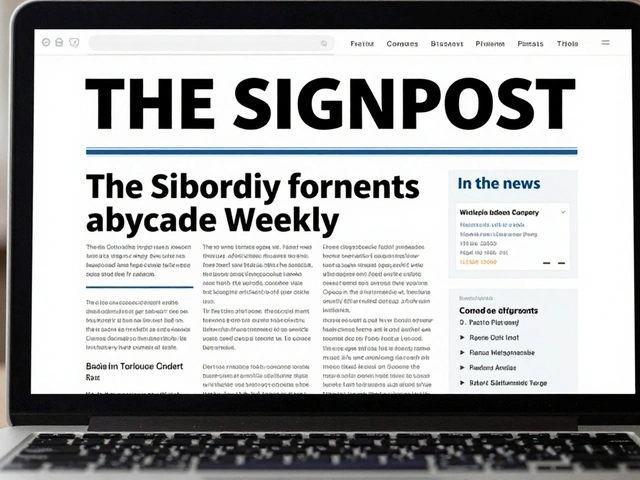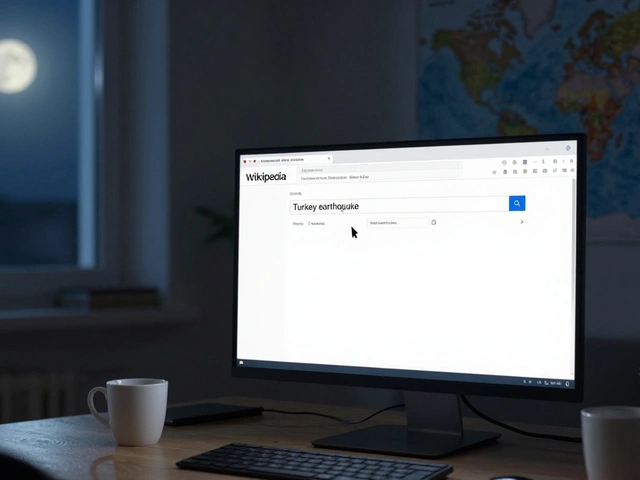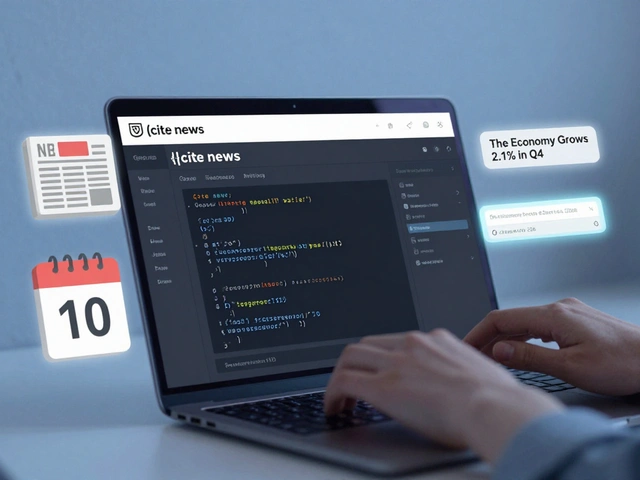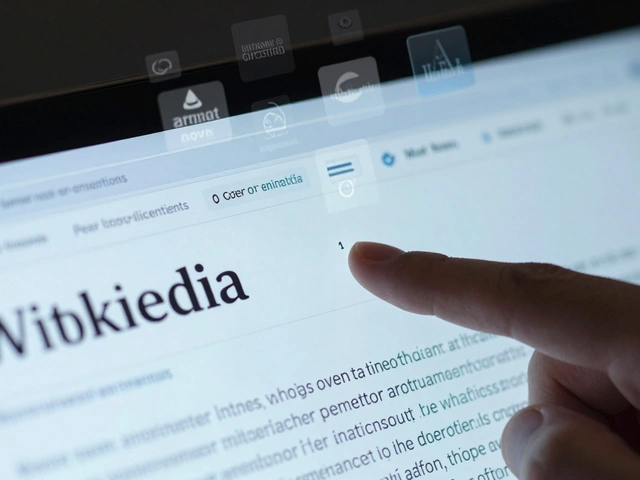Encyclopedia Diversity: Why Representation Matters on Wikipedia
When we talk about encyclopedia diversity, the range of people, cultures, and perspectives included in a knowledge base. Also known as inclusive knowledge representation, it’s not about checking boxes—it’s about making sure the world’s largest encyclopedia actually reflects the world. If you’ve ever searched for information on a local tradition, a marginalized community, or a non-Western scientist and come up empty, you’ve felt the gap. Wikipedia isn’t neutral just because it’s open—it’s neutral only when enough people from all backgrounds are editing it.
That’s where WikiProjects, volunteer teams focused on improving coverage in specific areas like medicine, film, or Indigenous history come in. These groups don’t just add facts—they fight systemic gaps. For example, the WikiProject on Indigenous peoples has spent years correcting biased language, adding lost histories, and connecting editors from those communities to the platform. Meanwhile, Wikidata, a structured database that links facts across all language versions of Wikipedia helps ensure that once a fact about a lesser-known figure or event is added in one language, it can appear in others—breaking down language barriers that often hide global knowledge.
But diversity isn’t just about who gets written about—it’s about who gets to write. The people editing Wikipedia still skew male, urban, and from wealthy countries. That means stories from rural Africa, Indigenous Americas, or Southeast Asian folklore often get missed, simplified, or erased. And when AI tools start auto-editing articles based on biased data, those gaps don’t just stay—they get locked in. That’s why due weight, Wikipedia’s policy requiring articles to reflect the real balance of evidence, not popularity matters so much. A minority view backed by solid sources deserves space, even if it’s unpopular. A majority view without evidence doesn’t deserve more.
There’s no magic fix. No algorithm can fix representation. Only people—real editors, researchers, students, activists—can do that. And they’re already doing it. From volunteers in Nigeria adding local history to editors in Canada correcting colonial language in First Nations articles, the work is quiet but powerful. You won’t see headlines about it. But you’ll feel it when you find a detailed article on a topic you thought was lost.
What follows is a collection of stories, tools, and debates that show how encyclopedia diversity is being built—piece by piece, edit by edit. You’ll see how bias shows up, how it’s challenged, and how ordinary people are turning Wikipedia into something closer to a true global record.
Reducing Systemic Bias on Wikipedia Through Task Forces
Wikipedia task forces are volunteer groups working to fix systemic bias by adding missing voices, correcting harmful language, and expanding reliable sources. Their efforts are making the encyclopedia more accurate and inclusive.
